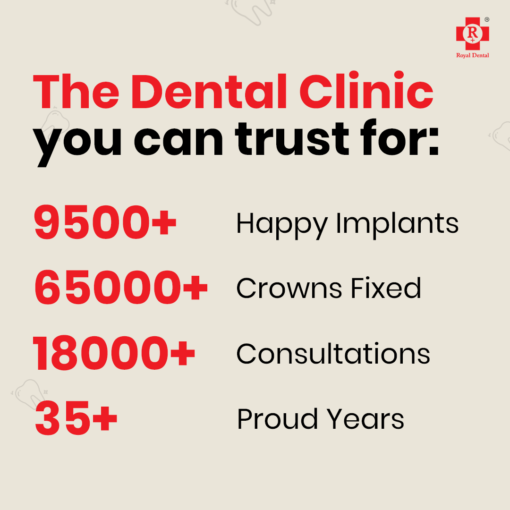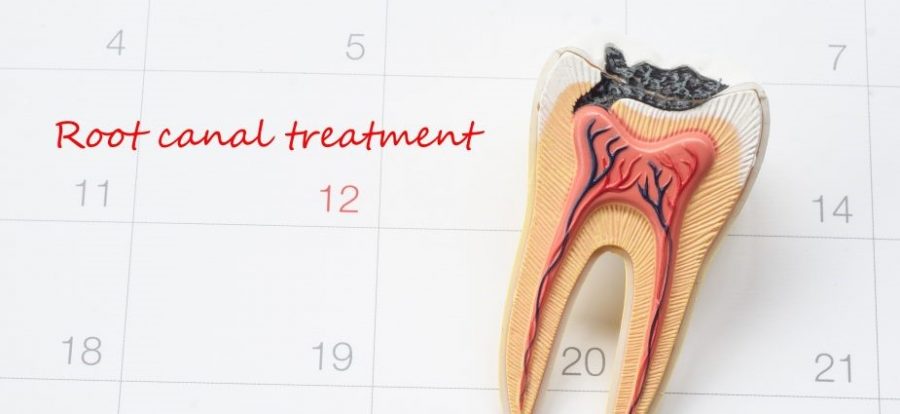When you think of a dentist, you probably think of an expert who makes sure your teeth are healthy and free from cavities. This is only a small part of what dentistry entails. In reality, the role of a dentist goes much beyond that. To be precise, dentistry is not just about fixing problems with your teeth. It’s also about building trust between you and the dentist. Dental services require a high level of trust because they involve treatments that can be uncomfortable for patients as well as procedures that may cause some pain. Let’s take a look at why trust matters in dentistry and how it can help improve the patient experience.
What is Trust in Dentistry?
Trust is an expectation of positive outcomes based on certain conditions. You can’t demand trust from patients; rather, you have to earn it through a consistent track record of positive outcomes. The same is true in dentistry. If patients trust their dentist, they’re more likely to comply with treatment recommendations and recommendations for oral self-care.

This, in turn, leads to better outcomes. For instance, patients who trust their dentist are more likely to stay on schedule with their appointments. This helps the dentist catch potential issues with your teeth at their earliest stages when they have the best chance of being treated. Patients who trust their dentist are also more likely to accept treatment recommendations. This can range from regular teeth cleanings to more involved procedures such as oral implants.
Importance of Trust in Dentistry
What’s the big deal about trust in dental care? Trust is a key factor in every patient-clinician interaction. It affects everything from the way you schedule appointments to the way you respond to treatment recommendations. If a patient trusts their dentist, they’re more likely to comply with treatment recommendations. This leads to better outcomes, which means less time and money spent on dental treatments.

But the importance of trust goes beyond that. It plays a crucial role in helping you make informed decisions when it comes to your oral health. It’s what allows you to feel comfortable enough with your dentist to ask questions and voice your concerns. Trust also allows you to experience true dentistry as part of your healthcare routine. After all, when you trust your dentist, you’re less likely to experience fear-based emotions during treatment.
How to build Trust in Dentistry
There’s no one-size-fits-all solution for building trust between patients and dentists. That said, there are a few key areas where your dental practice can make an impact.
- Communication – Communication is the foundation of trust. It’s what allows patients to understand their dental situation as well as treatment recommendations.
- Patient Education – Patient education is an ongoing process that begins with the initial contact and ends with the final appointment.
- Transparency – Transparency refers to the way you present yourself and your dental practice. It includes everything from how you interact with patients and how your office is designed to how you use social media.
3 Ways Trust Improves the Patient Experience
Fewer Missed Appointments and Treatments – Patients who trust their dentist are more likely to stay on schedule with their appointments and treatment recommendations. This means less time lost due to missed appointments as well as fewer appointments overall, which translates to less costs for your practice.
Fewer Fear-Based Emotions – Fear-based emotions, such as anxiety and stress, can disrupt dental procedures. Patients who trust their dentist are more likely to experience positive emotions during treatment, which makes it easier for dentists to provide high-quality care.
More Adherence to Oral Hygiene – Patients who trust their dentist are more likely to follow a regular oral hygiene routine. They’re also more likely to accept recommendations for at-home oral hygiene procedures such as daily toothbrushing, flossing, and mouthwash. This helps patients prevent oral diseases and conditions, which can lead to more positive outcomes for the dentist.
A dentist’s work satisfaction correlates positively with their community’s trust in them. Provider competence, compassion, reliability, and dependability affect patient trust. Which works both ways. For example, a patient not being truthful about the number of times that they brush or the brushing techniques they use, means a dentist will not be able to correct any brushing mistakes that will lead to cavities and tooth decay.
Conclusion
With all of these benefits, it’s easy to see why trust is such a crucial part of the patient experience. The best way to build trust is to create an environment that puts patients at ease. This might involve adjusting the way you schedule appointments, designing a welcoming waiting room, and using online resources such as patient online portals to make the experience as seamless as possible. All in all, trust is a two-way street. You have to work to earn it, but it’s well worth it in the end.






